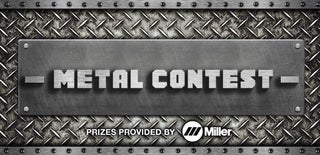Introduction: Air Cooled 2 Stroke Cylinder Head Using Shell Casting
Not Long ago, we decided to make a custom air cooled cylinder for a two stroke engine that we're developing.
We decided to use Shell casting, mainly because we'd never done it before.
Step 1: Patterns and Sand Box
First we CNC machined some patterns and some boxes to hold the sand
Step 2: Shell Sand Mold
Heat the pattern and invert the sand over it. The sand is coated with a thermoplastic resin that binds together and forms a shell. This is used as the mold to pour the aluminum
Step 3: Make the Castings
Pour the aluminum. fettle and shotblast
Step 4: CNC Machining
Machine the Cylinder head to fit your engine
Step 5: Fit on Engine
Enjoy!!

Participated in the
Metal Contest 2017







